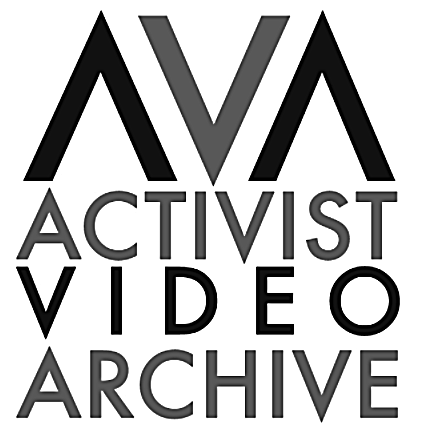Dick Flacks
Dick Flacks grew up in Brooklyn, the son of teachers. His parents had taught in New York City schools and were active in the Teacher’s Union, a Communist led union. His parents and grandparents were involved in the Workman’s Circle, a Jewish Socialist organization, and his early upbringing was influenced by their community organizing.
Dick’s mother taught school in Bedford Stuyvesant and became a leader in the Black Community there fighting to improve schools and living conditions for Blacks. During the “Red Scare” of late forties and early fifties, Dick’s parents were accused of being Communists and fired from their jobs as teachers. Dick’s father was brought up before HUAC and refused to cooperate in any way. It took twenty years before they were vindicated and reinstated, but by then they were near retirement age.
Every Summer, Dick attended Summer Camps in the country run by left wing Jewish groups and it was at these camps that much of his socialization and the start of his reexamination of his parent’s political practices took root.
Even after he was attending Brooklyn College, he worked as a Camp Counselor in a Summer Camp and it was there that he met Mickey. Dick and Mickey and many of their friends were reexamining their parent’s leftist ideas, with its fanatical allegiance to the Soviet Union and Stalin. They discussed with friends reimagining the left for their generation.
After Brooklyn College, Dick took a position at the University of Michigan and meet Paul Haber and Tom Hayden. These future leaders were also thinking that the body politic needed new ideas and formulations for their generation. They were greatly influenced by C. Wright Mills, AJ Muste, and Paul Goodman. They were also influenced by Bob Moses and the SNNC Leadership, so bravely forging a Civil Rights Movement in the South.
What came out of this intellectual discourse was the Student for a Democratic Society, and its manifesto, the Port Huron Statement. Soon, there were SDS Chapters on college campuses all over the country, and the idea of the “new left” became firmly imbedded in the political culture.
After Michigan, Dick became a Social Psychology Professor at the University of Chicago and spoke out widely against the war in Viet Nam to like minded and hostile audiences alike. He also counseled draft resisters. It was in his office at the University of Chicago that he was viciously attacked and nearly killed by someone posing as a reporter for the St. Louis Dispatch. The identity of his attacker was never discovered. Dick spent a month in the hospital and many more months recuperating from his wounds.
Dick accepted a position and UCSB and he and Mickey moved to Santa Barbara in 1969. Even before he arrived, Governor Reagan and the Regents waged a campaign against his hiring as a tenured professor, thinking him a dangerous radical.
In Santa Barbara, before his teaching schedule started, he was unfairly blamed for much of the burgeoning unrest on campus, including the burning of the Bank of America in Isla Vista. The local newspaper published letters against his hiring and one of his neighbors clandestinely reported on the doings of the Flacks household to the F.B.I.
His arrival in Santa Barbara followed the beginnings of campus unrest that soon took over UCSB. As soon as he took up teaching, his classes were packed with young people who wanted change in the society even if they didn’t know exactly what that change would look like.
Dick was made welcome within the Sociology Department and he and Mickey immediately had an enlivening effect on the University and their new community. After Kent State, Dick took an active part in the Alternative Courses that professors offered when Governor Reagan closed the University of California in the wake of the nationwide demonstrations.
Dick and Mickey held an open house for student and faculty on Thursdays and those sessions became a focal point for organizing against the Viet Nam War, and eventually for off-campus community organizing in Santa Barbara. An alternative newspaper, and a legal collective were two projects that came into being, incubated in their living room.
During their time in Santa Barbara, Dick has taught generations of students and watched some of those young people become leaders in the Santa Barbara area, remaking a town once controlled by real estate interests and Republicans into one led by environmentalists, feminists, and those who pursue a social justice agenda.
Dick and Mickey are writing a book about their activist lives and academic work.
